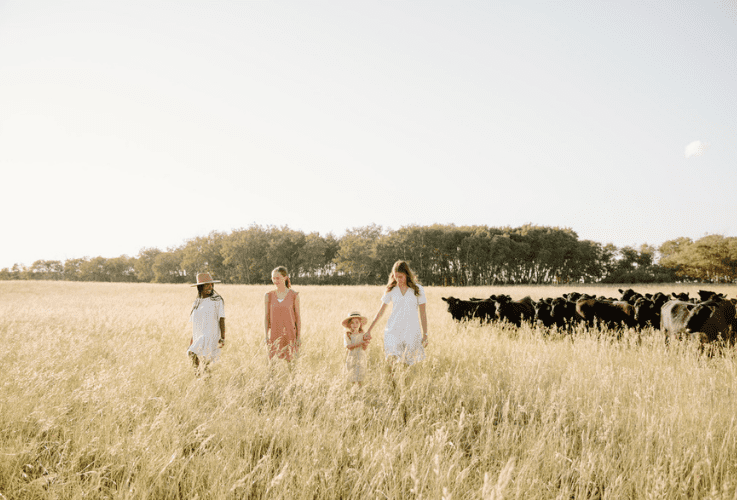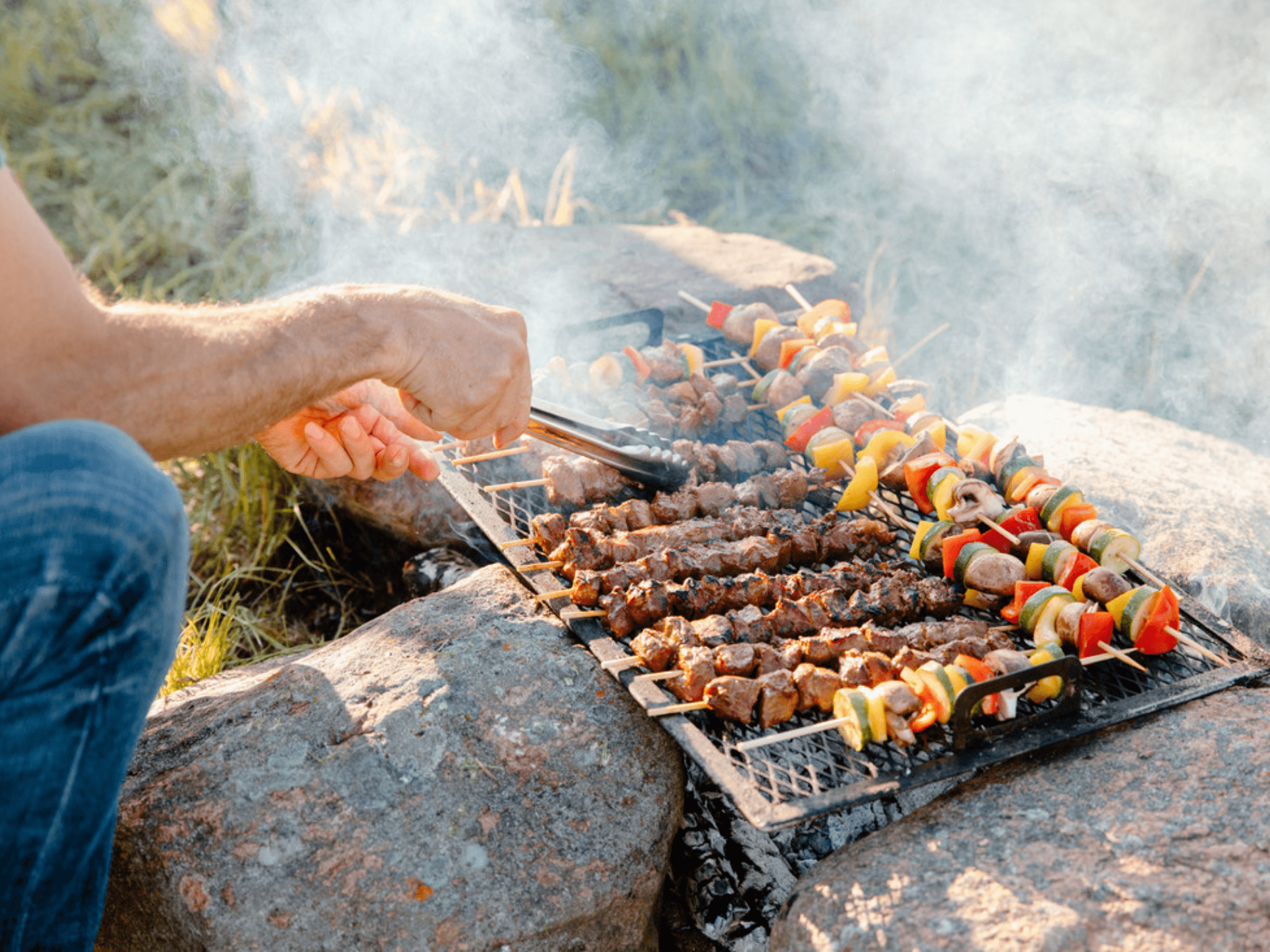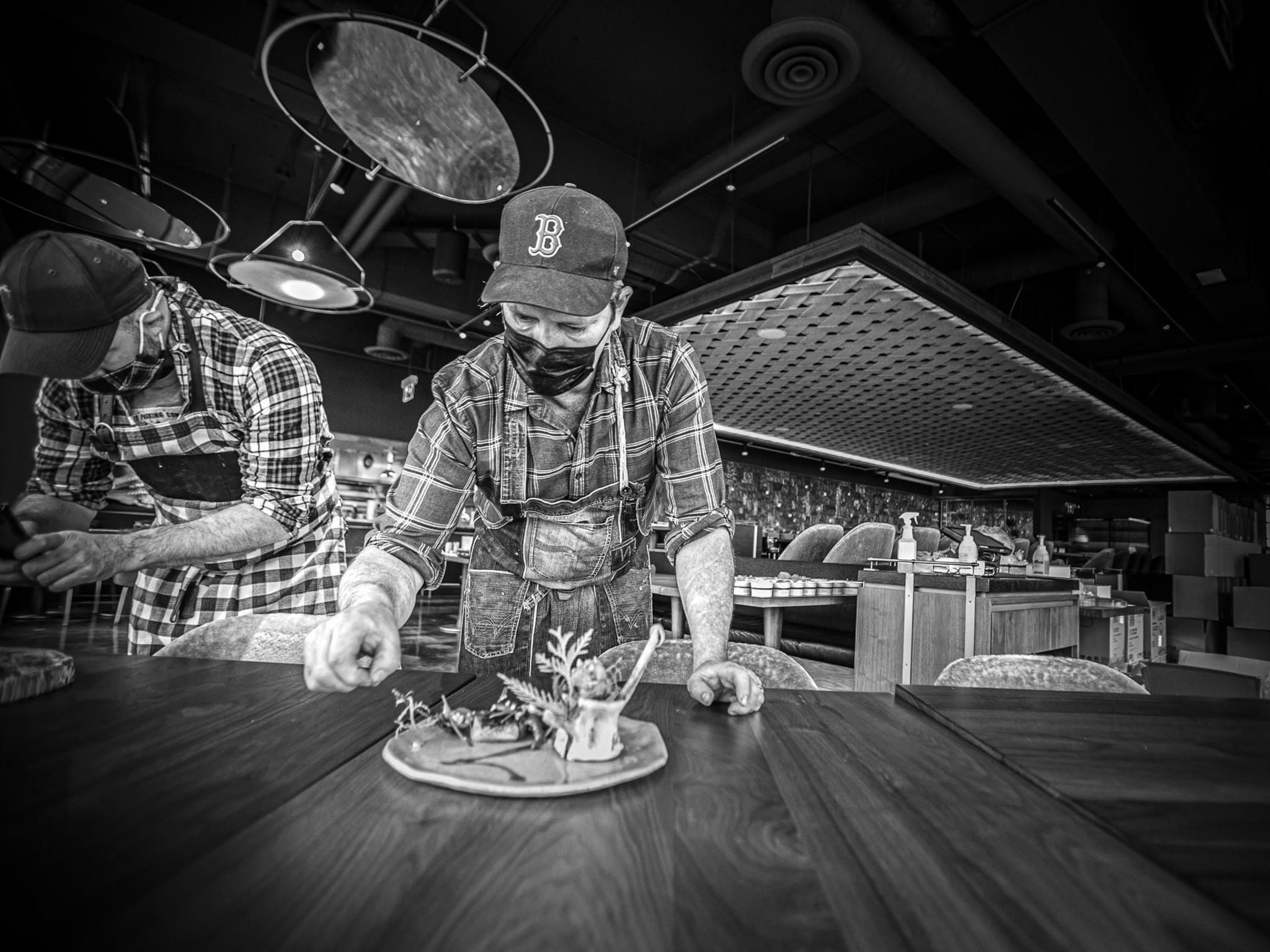Canadians are supremely conscious about the food we serve our families, and supporting local is on everyone’s mind right now. With so much curiosity about our food, it’s time to learn more about the dedicated farmers behind Canadian beef. For instance, did you know that 97% of Canada’s farms are family-owned?
Canada’s 100 Best chatted with two Canadian beef farming families to ask them questions about the future of farming and why they are so passionate about their work.
Why do you want to share your farming stories?
We believe it is important that people feel a connection to their food. There is a growing interest from people to understand where their food comes from. By sharing our stories we hope to create greater confidence in the care and attention that is given behind the scenes on farms today.
How do you think farming will evolve in the future?
If you could comment on new technologies and how the digital world helps explain farming.
We see technology playing a larger role in the future of farming, allowing us to monitor our cattle for their health and well-being. From ultrasounds to individual animal tracking, nutrition testing, and weighing, we are getting more access to these things. Virtual fencing is currently being tested in North America, allowing for better grazing practices.
What is one thing you wish the general public understood about farming and raising cattle?
We are not raising cattle simply to make a living. This is our lifestyle, and keeping our cattle happy and healthy is our priority. There is something so satisfying about growing your own food and doing our part to keep the supply chain going with nutrient-dense food.
Share an interesting fact about your farm.
On an average spring calving day, we have over 50 calves born here at the farm. It is hard to beat the excitement of the miracle of new life. Farming can have its challenges, but the balance of hard work and lifestyle is something we are excited to see the next generation embracing.


You are very active on social media; how do you think social has helped to tell your story?
I think social media has helped tell our beef farming story by giving us a platform to tell our story and an audience we can exchange thoughts and information and engage in real-time. When consumers have questions, we can answer them or provide resources.
Follow Christine on her blog and social platforms here.
How do you handle the challenging questions about farming?
We have had to deal with challenging questions about farming on social media. Social media allows us to explain how and why we do some things. Even if we disagree with some people’s opinions about beef farming, we can explain why our farming practices work for us or even why we farm.
When presented with a challenging question about farming on social media, I usually state facts and offer resources and website links for further information. I can also consult experts on social media whom I can ask for help. For example, if someone tells me that raising cattle is harmful to the environment, I can send them reliable, fact-based articles about cattle and the ecosystem. If someone tweets that beef is bad for your health, I can send them articles and links to videos from health and nutrition experts that talk about some of the benefits of eating beef.
Share one interesting fact about your farm.
An interesting thing about our farm on a freshwater island in rural Northern Ontario. We are stewards of the land because we farm on very little soil depth to bedrock. Having cattle in our operation helps us farm more sustainably because it has less impact on the soil than older, more conventional cropping practices. The cattle benefit the land and vice versa. Because Manitoulin Island is limestone-based, it is great for growing grass cattle.


Sponsored by Canada Beef




